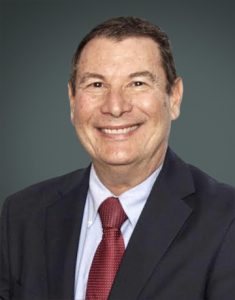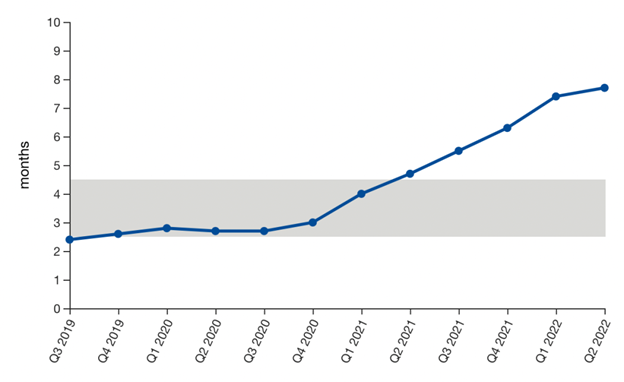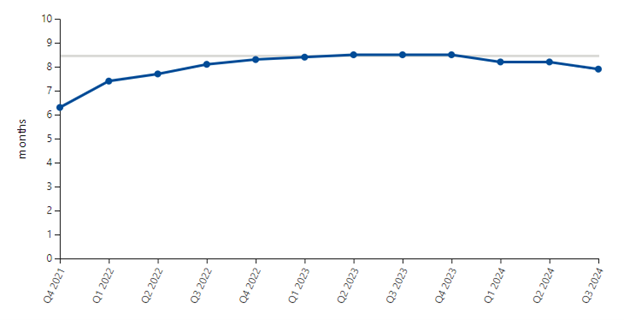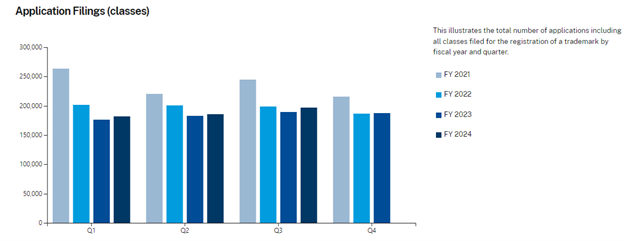Over the summer, Congressman Nathaniel Moran (R-TX-01), a member of the House Judiciary Subcommittee on Courts, Intellectual Property, and the Internet, and Congresswoman Madeleine Dean (D-PA-04) introduced the bicameral Realizing Engineering, Science, and Technology Opportunities by Restoring Exclusive (RESTORE) Patent Rights Act of 2024.
This bipartisan bill aims to restore patentees’ abilities to protect their patent rights through permanent injunctions, altered by the eBay v. MercExchange ruling.[1]
eBay v. MercExchange
The Supreme Court altered the landscape of permanent injunctions in patent cases in its 2006 eBay ruling. Before eBay, permanent injunctions issued once infringement and validity had been found. They were automatic and were only denied in “unusual cases.” The Court found that this automatic issuance violated the equitable determination that usually accompanies permanent injunctions. The Court ruled a patentee plaintiff must demonstrate the following before a permanent injunction issues:
(1) that it has suffered an irreparable injury;
(2) that remedies available at law, such as monetary damages, are inadequate to compensate for that injury;
(3) that, considering the balance of hardships between the plaintiff and defendant, a remedy in equity is warranted; and
(4) that the public interest would not be disserved by a permanent injunction.
In ruling this way, the Court disconnected a patent owner’s right to exclude from the remedy for stopping the violation of that right. Since eBay, permanent injunctions issue much more rarely.
The RESTORE Patent Rights Act
The RESTORE Patent Rights Act proposes to codify the pre-eBay injunction landscape. The Act proposes a relatively simple change to §283 whereby a rebuttable presumption would exist that a permanent injunction should issue if infringement is found. The Act states:
If, in a case under this title, the court enters a final judgment finding infringement of a right secured by patent, the patent owner shall be entitled to a rebuttable presumption that the court should grant a permanent injunction with respect to that infringing conduct.[2]
The authors of the bill worry that post eBay, a patentee’s exclusive right to his patented invention is meaningless, as permanent injunctions are no longer automatic. The authors state that post-eBay requests for permanent injunctions in patent cases fell by 65% for companies that use their patented technology to manufacture a product and grants of permanent injunctions to those companies also fell by more than 65%.[3]
While the Act is still in its early stages, it appears to have bi-partisan support. We will continue to monitor developments and provide further insight if permanent injunctions become a more-powerful tool in the plaintiff’s toolbox and a detriment to defendants.
[1] eBay Inc. v. MercExchange, L.L.C., 547 U.S. 388, 393, 126 S. Ct. 1837, 1840, 164 L. Ed. 2d 641 (2006)
[2] https://moran.house.gov/uploadedfiles/restore_act_2024.07.29.pdf
[3] https://www.coons.senate.gov/imo/media/doc/restore_act_one-pager.pdf




